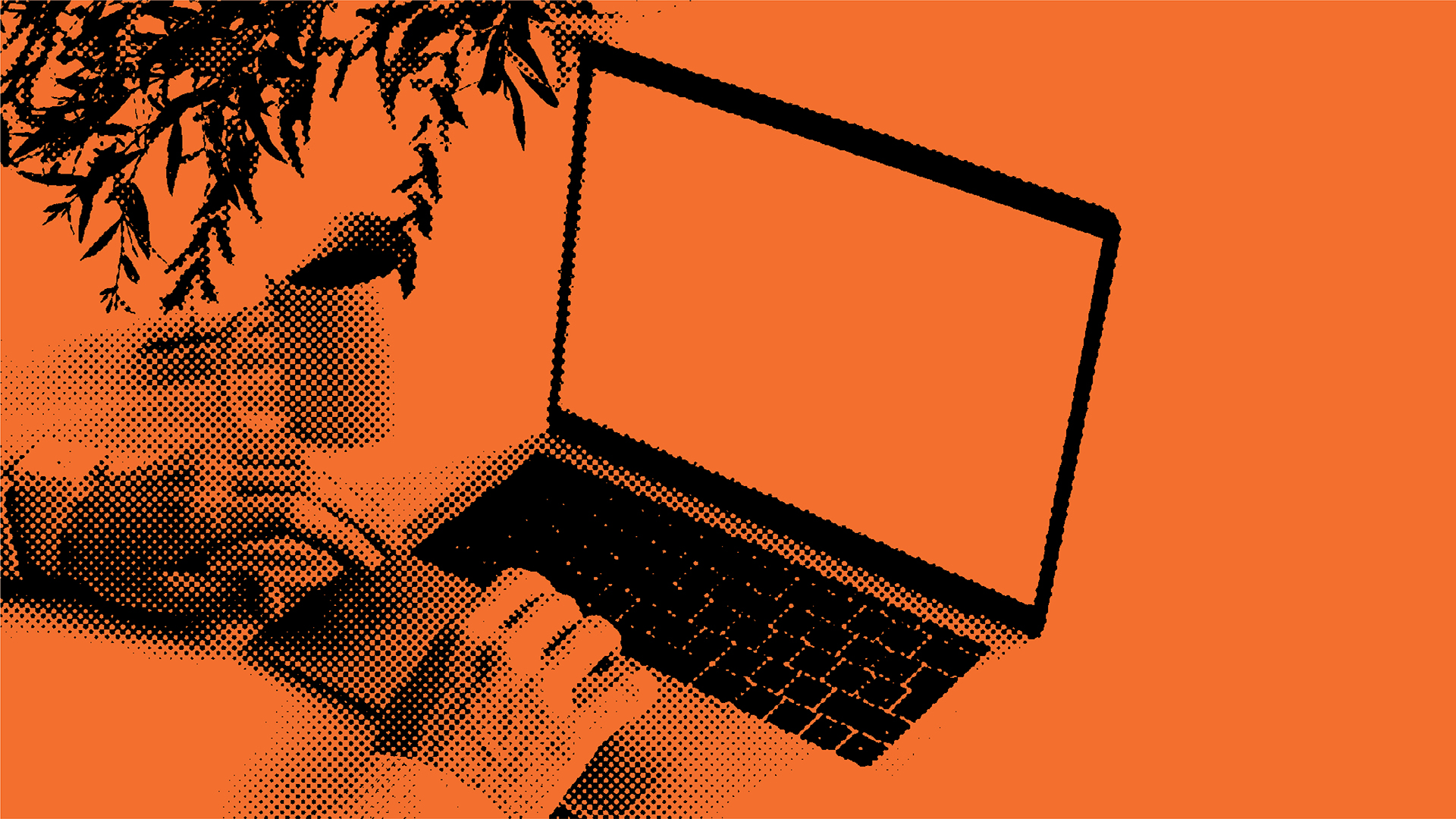Tips for Studying at Home
Setting up your study space
- Try and have a designated space for study. If you’re lucky to enough to have access to a separate study or desk, stick to only doing university work while sitting there (don’t just flick over to Netflix or check Facebook in your breaks!). Most of all, do not study on your bed! If you are struggling to study at home, or do not have good internet connection, the Caulfield, Peninsula and Matheson libraries remain open from 9am-5pm on weekdays.
Ensuring good internet access
- Do your best to work in a room with a strong and stable internet connection. Google has an in-built internet speed connection test, which you can access by googling “check internet speed”
- If your internet connection is poor, look at investing in a wifi booster for your home, or purchasing a wifi dongle, a USB which uses data, rather than your home’s internet connection
Keeping focus at home
- Firstly, acknowledge that your productivity may be lower than normal at this current time. Given that there is an ongoing pandemic and our society has undergone rapid changes to combat the virus’ spread, these additional stressors may affect your focus and motivation.
- Make sure to get a good night’s sleep! Rates of insomnia are increasing during the pandemic, so it is important to maintain as best of a regular sleep cycle as possible. Try turning on night mode on your devices to limit blue light emissions that will impact your sleep. Also try some sleep meditations, even if you do not normally like meditating. Smiling Mind is a great free app to check out (the Oceans meditation is best!)
- If possible, avoid having your phone on your desk or in your pocket while you study, and instead place it away from you or in another room. Research has shown the mere presence of your phone while you study reduces your cognitive capacity, even when it is turned off or you are not actively thinking about it.
- If you have a habit of checking social media unnecessarily whilst studying, try using a website blocker like Cold Turkey. You can program it to block you entirely from accessing certain websites for the duration you choose.
- Plan your day and allocate times for study so you can devote your full attention to whatever you are working on. Try and get any chores done first so you are not distracted by incomplete tasks.
- Structure your study times to factor for regular breaks. This will boost your productivity during study hours and keep you mind fresh! Go for a walk, read a book, or watch some TV!
- To help maintain focus during extended periods, try using an app such as Forest. You can set a period of time that you are not to check your phone for, and you can sync your time to friends to keep collective focus and accountability!
Getting help with your study
The MSA’s Study Buddy Program is available to help match you to other like-minded students to form a study group. Current study groups are available across Engineering, IT, Nursing and Midwifery, and Pharmacy.
Monash Biomed Society
- Revision sessions: Halad to Health are running revision sessions for all first and second year core biomed subjects during SWOTVAC this semester. These sessions are extremely helpful, in-depth, are really well run and come highly recommended. Keep an eye out on the Monash Biomed Society’s social media for more information coming soon!
- GAMSAT help: in partnership with Fraser’s GAMSAT tuition, Monash Biomed Society are running GAMSAT masterclasses and medical applications sessions throughout the year. These sessions are really useful, great for GAMSAT information and preparation, and full of study tips.
- All of the aforementioned sessions are either free or at a discounted price Monash Biomed Society members! Sign up here
To stay up to date with Monash Biomed Society’s social and academic events follow them on Facebook or Instagram and check out their website
Monash Engineering Students Society (MESS)
- Education guide: the 2020 MESS Education Guide is a comprehensive electronic resource for engineering first years. This guide contains handy tips from older students for each first-year engineering core unit. It also contains information about the best places to study, ways to get involved, descriptions for each engineering student team and information on academic integrity. This guide contains heaps of information for surviving and thriving in first year, with heaps of advice from older engineering students!
- Zoom study sessions: MESS’ informal study sessions aim to bring engineering first years studying the same units together, by creating an inclusive and collaborative environment. In these sessions, first-years have the opportunity to ask unit-specific questions to older engineering students and discuss content and problems with one another. These sessions are run weekly through Zoom and are advertised on the ‘MESS Engineering First Years 2020’ Facebook page.
Follow MESS on Facebook or Instagram, or check out MESS’ website to stay up-to-date!
Monash Law Students’ Society (LSS)
Note: all of the resources below are only accessible with a Monash LSS membership, which you can purchase here
- Law Guide: this annual publication provides a guide to studying and surviving law
- LSS Tutes: LSS’ Student Tutorials Program is run weekly throughout the semester to reinforce course work and provide another avenue of information and help. All of the recordings from semester 1 are available from the LSS’ website.
- LSS Revision Seminars: these are available throughout week 12 and SWOTVAC to provide exam guidance for various law subjects. Check out the LSS Facebook page for session times and further information.
- Sketchnotes: these are exam notes for various law units, and are helpful to provide structure and another source of information in preparing for your exams. These are collated by Monash law students who have recently completed the unit.

